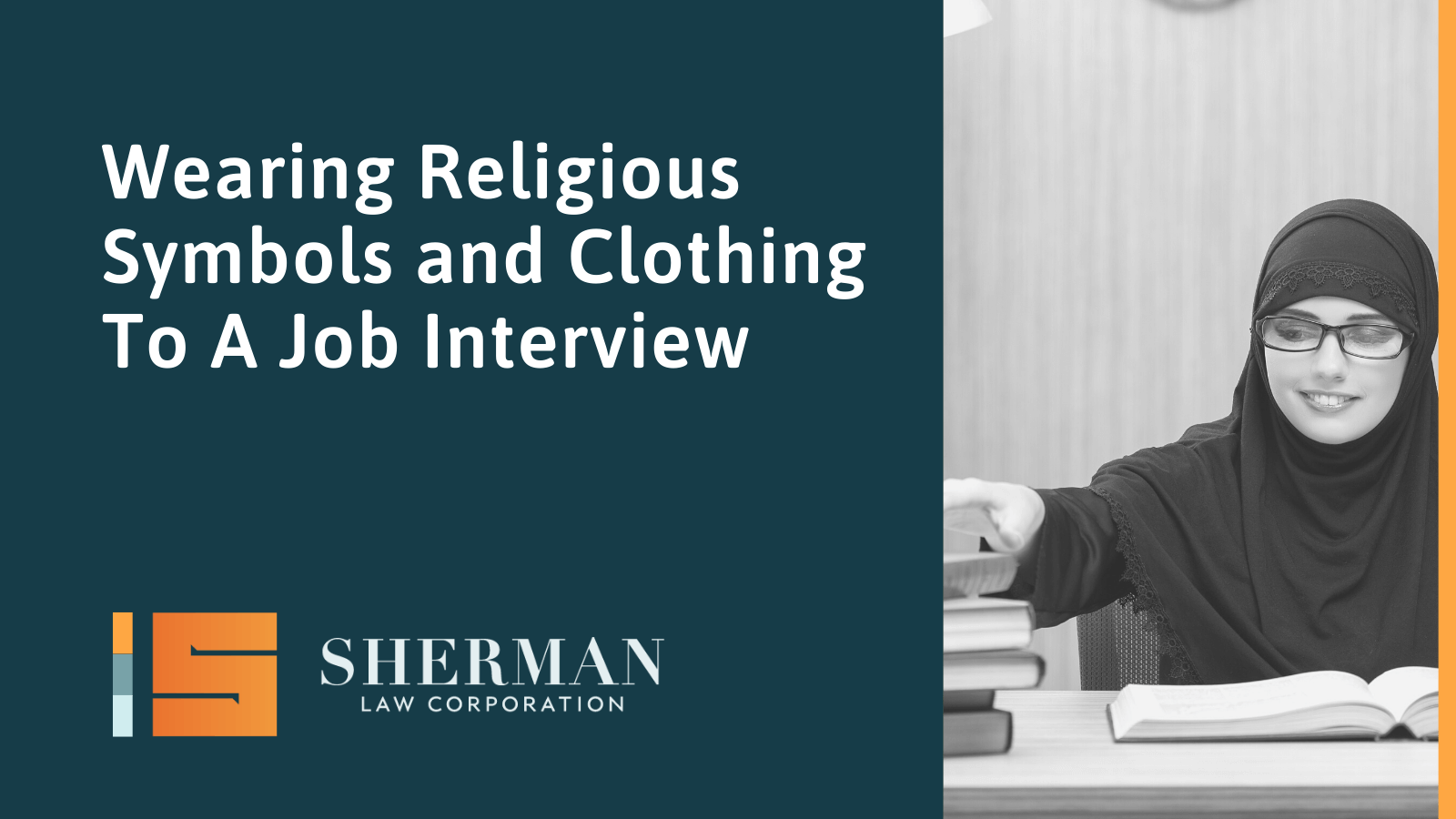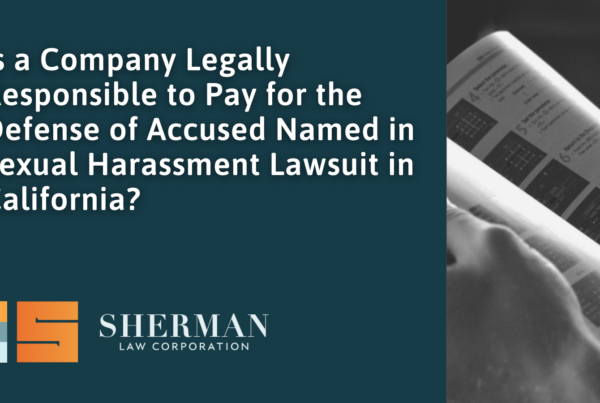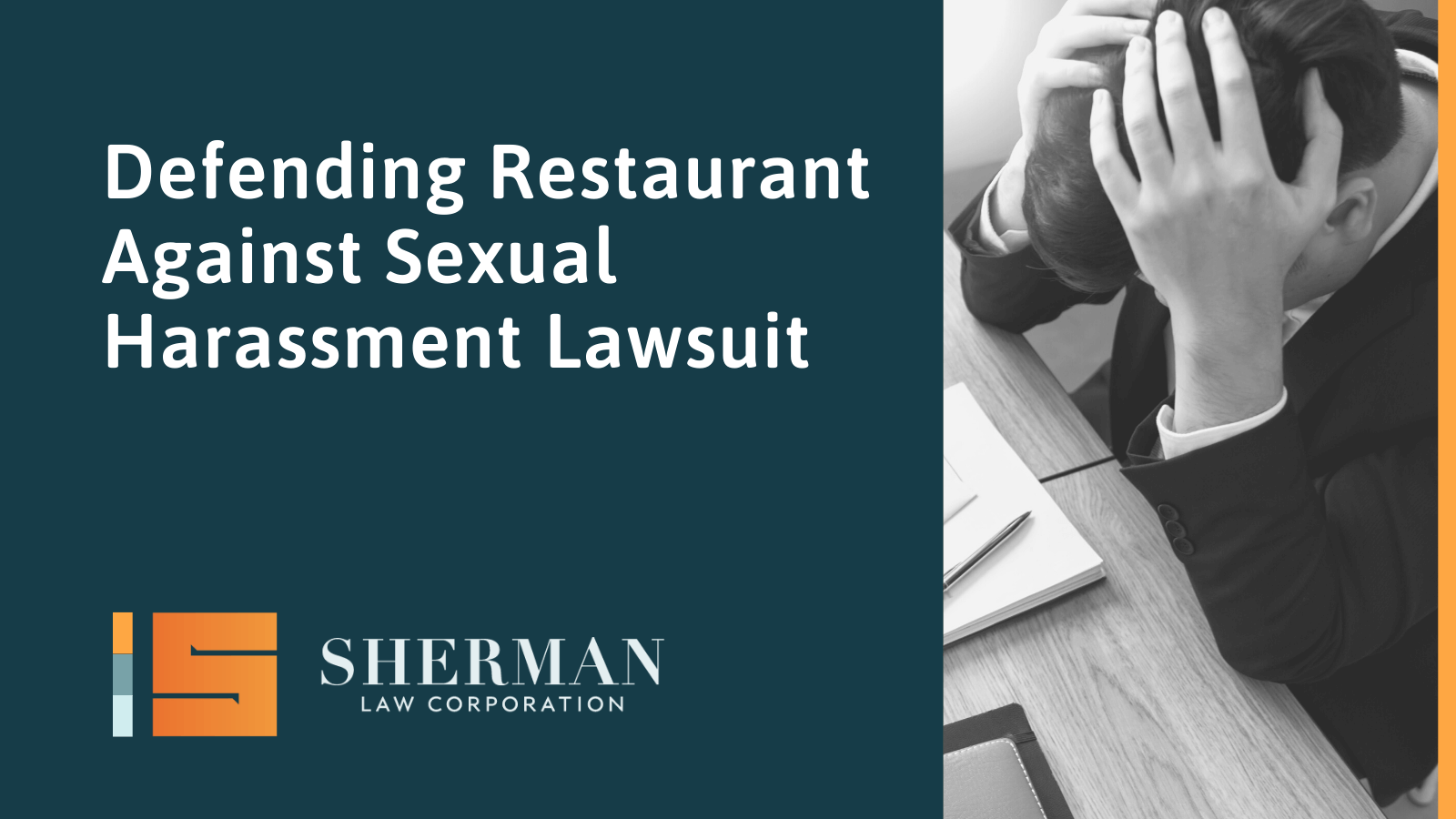
 The United States Supreme Court’s June 1, 2015 decision (by a vote of 8:1) in Equal Employment Opportunity Commission v. Abercombie & Fitch Stores, Inc.(“Abercombie”) (No. 14-86) sent shockwaves to Companies nationwide who are covered by Title VII of the Civil Rights Act of 1964 (“Title VII), and/or state laws that regularly interpret similar statutes based on Title VII that no one anticipated. Commentators have been struggling this week to find meaning in the Court’s decision and provide practical recommendations to employers because it was never envisioned that the highest Court of the land would reach beyond the admitted facts to define an expansive new standard for religious discrimination liability.
The United States Supreme Court’s June 1, 2015 decision (by a vote of 8:1) in Equal Employment Opportunity Commission v. Abercombie & Fitch Stores, Inc.(“Abercombie”) (No. 14-86) sent shockwaves to Companies nationwide who are covered by Title VII of the Civil Rights Act of 1964 (“Title VII), and/or state laws that regularly interpret similar statutes based on Title VII that no one anticipated. Commentators have been struggling this week to find meaning in the Court’s decision and provide practical recommendations to employers because it was never envisioned that the highest Court of the land would reach beyond the admitted facts to define an expansive new standard for religious discrimination liability.
Summary of the Abercombie Case
Plaintiff Samantha Elauf who is a Muslim young lady who applied to work at Abercombie & Fitch appearing for her interview wearing a religious headscarf never mentioning anything about her faith. (Missing from the decision is whether she was wearing the tiny little clothing Abercombie sells and whether she needed an accommodation for the blaring music, which is what I remember from taking my kids shopping there…. but I digress… ). The Assistant Manager never discussed the Company’s“Looks Policy” at anytime with Elauf and never asked her anything about her religion or whether she needed any type of religious accommodation.
It was undisputed that the Assistant Manager considered Elauf to be a good candidate to hire. It was only after consulting with the Regional Manager about her appearing for the interview wearing the headscarf, was she not hired. In other words, she was admittedly not hired because management concluded that her headscarf violated Abercombie’s “Looks Policy.” The “Looks Policy” prohibited employees’ from wearing any “caps,” which Abercombie argued was a neutral policy. Easy case, right? There was no dispute that the hiring manager assumed she wore the headscarf because of her “religious practice.” Without even a word mentioned about the head covering, policy or need for accommodation, surmising a religious connection was sufficient to create liability for Abercombie.
But the Court did not stop there…. The Court created a newly expansive standard for employer liability under Title VII and potentially under state discrimination laws where the courts (as is the case in California) look to federal law on interpreting state discrimination claims, especially when the eight Justices say so. The Court held that if a religious practice constitutes a “motivating factor” in the employer’s refusal to hire, then the statute is violated, regardless of whether the employer knew of the need to accommodate such a practice. It further ruled that Abercombie’s differential treatment because of her religious practice violated Title VII irrespective of Abercombie’s general attitudes about individuals who are members of the same religious group as her.
Employer Take-Aways
The Supreme Court provided little practical guidance to an employer who suspects a particular applicant may need a religious accommodation to perform the job, other than to state, that “the employer may not make an applicant’s religious practice, confirmed or otherwise, a factor in employment decisions.”Abercombie, slip opinion, at p. 5. However, the Court’s example is what has sent employers into an a-fib. It stated:
“Suppose that an employer thinks (although he does not know for certain) that a job applicant may be an Orthodox Jew who will observe the Sabbath, and thus be unable to work on Saturdays. If the applicant actually requires an accommodation of that religious practice, and the employer’s desire to avoid the prospective accommodation is a motivating factor in its decision, the employer violates Title VII.” Id.
What? Job Applicants Just Need to Wear a Cross or Star that looks Religious and if Rejected, Sue? ….. YUP.
Listen up new graduates and job applicants. No, you don’t need to look Muslim and wear a headscarf, bring in a ragged copy of the bible from the hotel drawer, or wear a yarmulke to your next job interview (and never mention religion) to bring a religious discrimination claim against an employer that rejects you. Nope, you could just wear your Sigma Chi fraternity pin that has a big cross on it or a star that looks like a Jewish star of David and achieve the same result on the mere suspicion that you were rejected because of your religion! So before we advise employers on how to combat this, let me first briefly — and I mean briefly — summarize the case and the Supreme Court’s newly expansive standard for determining liability for religious discrimination under Title VII.
What are Employers to Do?
- Review Workplace Appearance Policies, especially the ones that address caps and head coverings, to ensure that they are neutral and are not applied in practice such that it singles out any religious group, as was the case in Abercombie.
- Review Job Descriptions, Job Postings etc. to ensure that if there are any requirements of a posted position that may be impacted by an applicant’s religious needs, such as scheduling requirements, for example, for a weekend only position from 8-5, then the employer should explicitly state it. At oral argument, the Justices approved of questioning an applicant for a weekend only job by asking “do you have a problem meeting these scheduling requirements?” If the person responds requesting a religious accommodation, the accommodation process begins. If the scheduling can be accommodated by, for example, swapping shifts, splitting shifts, using paid time off, or any other viable accommodations exist, then these must be considered.
- Document Reasons for Not Hiring Candidate. If the applicant is not selected, then the decision maker must document the non-discriminatory reason(s) for rejecting the candidate and would be best advised to inform the candidate to minimize accusations of improper motivation.
Train Managers to:
- Be Proactive. The appearance of an applicant — whether wearing a religious head dress or wearing a cross — is enough to raise the need to accommodate, even if the applicant never asks, raises it, or was just a fleeting observation by the manager. The hiring manager must properly document that the religious garb or any other outward sign of a religious practice, did not in anyway impact any hiring or other decisions made as to that applicant or employee.
- Affirmative Obligation to Accommodate Religious Garb. Employers have an affirmative obligation to accommodate religious garb, unless doing so poses an “undue hardship.” The EEOC emphasized that undue hardship should not be based upon co-worker discontent by the exception or merely because the employer wants to present a uniform look.
- No Automatic Denials. No knee jerk responses as in the Abercombie case as soon as the interviewer spots signs of religious garb or religious affiliation resulting in automatic disqualification.
- Treat Like Other Protected Characteristics. Focus on applicant’s qualifications and if any practices or policies are in place that may be impacted by a person’s religious dress or practices, be prepared to ask just enough to find out if an accommodation is needed. In other words, follow-up the same way as managers would with, for example, obvious disabilities; treat religious practices and dress no differently than any other legally protected characteristic. Ask the applicant only enough questions to understand if the employee can perform the position, document it and pass it on to Human Resources to address if they respond that an accommodation is needed for religious reasons.
- No Knowledge or Request Required. Remind managers that an applicants’ failure to request or raise the need for a religious accommodation is not a condition of liability.
So the next time a job applicant walks into an interview with ANYTHING that can possibly be construed as religious, including saying grace at lunch, be prepared to engage in the interactive process and document it!




